Facebook hoax spreading about contact tracing, don't fall for it

Facebook has been a breeding ground for misinformation and conspiracy theories for some time now. The insular nature of Facebook groups as well as the company’s unwillingness to fact-check posts make it easy for viral conspiracy theories to spread like wildfire.
This is especially dangerous during the COVID-19 era, as quack medical cures and prevention tips are prone to widespread sharing. Tap or click here to see what Facebook is doing in response to ads for fake coronavirus cures.
Oftentimes, the most viral misinformation contains just enough truth to make other claims sound more convincing. And that’s exactly what’s happening thanks to a hoax circulating on Facebook that claims Google installed contact-tracing software on Android phones without permission. Here’s why Google isn’t actually using COVID-19 as an excuse to stalk you.
Half-truths and lies
If you’ve seen a viral Facebook post alerting you of Google’s nefarious attempts to track people via COVID-19 contact-tracing apps, you’re not alone. In the past few weeks, this claim has been circulating across Facebook groups and newsfeeds despite its lack of accuracy and nuance.
According to the post, Android users must remain vigilant about automatic sign-ups for Google’s COVID-19 “tracing app.” In addition to the warning, you’ll also see instructions on how to shut the service down, which additional posts and discussion on Facebook claims will keep your phone from “being tracked.”
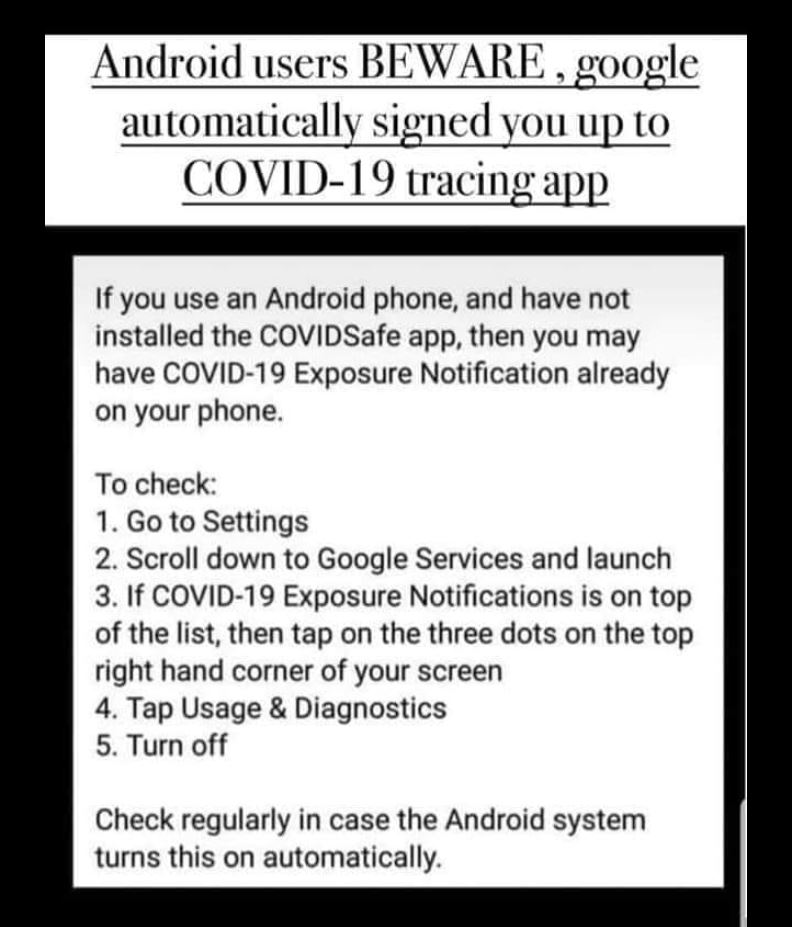
It sounds almost too freaky to be true — and from a certain point of view, it actually is. Google has given Android users the ability to enroll in contact-tracing and COVID-19 exposure alerts in recent updates.
But what the viral post fails to recognize is that Google hardly needs a COVID-19 contact-tracing service to track what you do on the internet. Just having a Gmail account or Google Chrome is enough, really. Tap or click here to see what Google tracks about you, and how to turn it off.
What’s really going on with contact-tracing on Android?
Unfortunately for the Facebook hoaxers, Google’s program isn’t mandatory or automatic. You have to enroll in order to get the benefits of COVID-19 exposure alerts, and the system isn’t even fully deployed in most areas of the country just yet.
What’s more, Google’s contact-tracing system is no more an app than the settings menu on your Android device. In fact, it’s just another part of the operating system that exists as a framework for other applications to build off of.
12 must-have apps for your Apple Watch
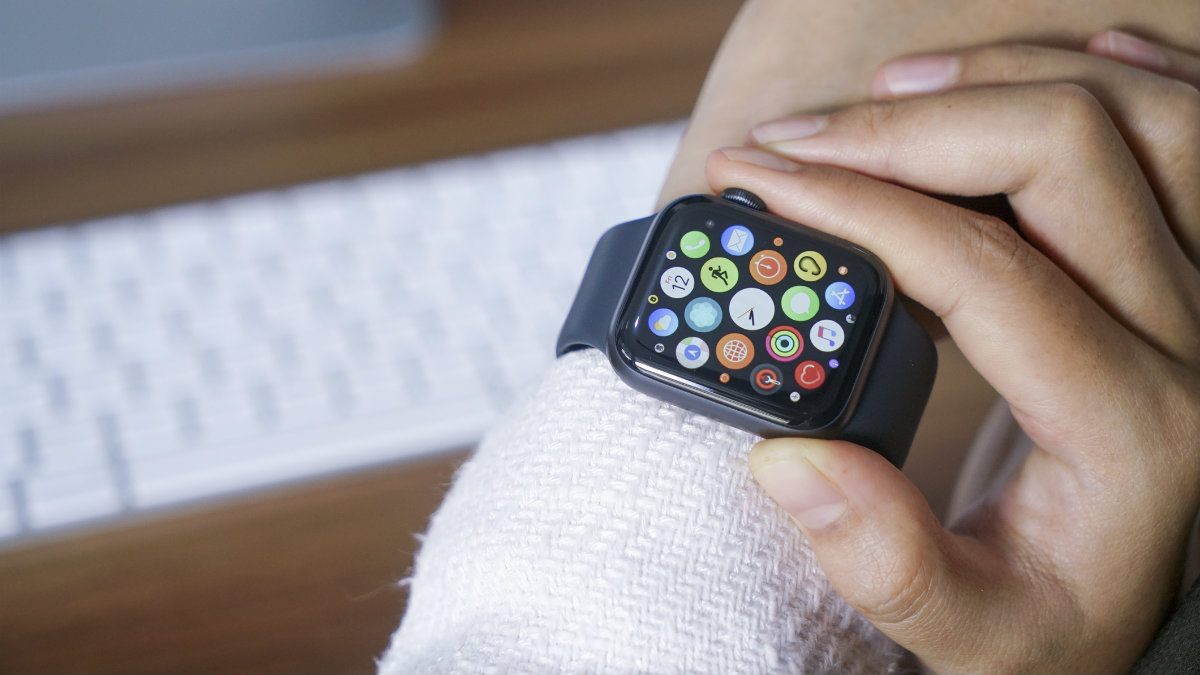
If you have an Apple Watch, you already know there are a ton of useful things you can accomplish with it. You can use it as a flashlight, make calls, and keep track of your health just to name a few.
Just when you thought your Apple Watch couldn’t be more productive, Apple added a bunch of features that will let it and your iPhone work together. Tap or click for seven smart ways your Apple Watch and iPhone can work together.
How to hide photos and videos from your phone’s camera roll
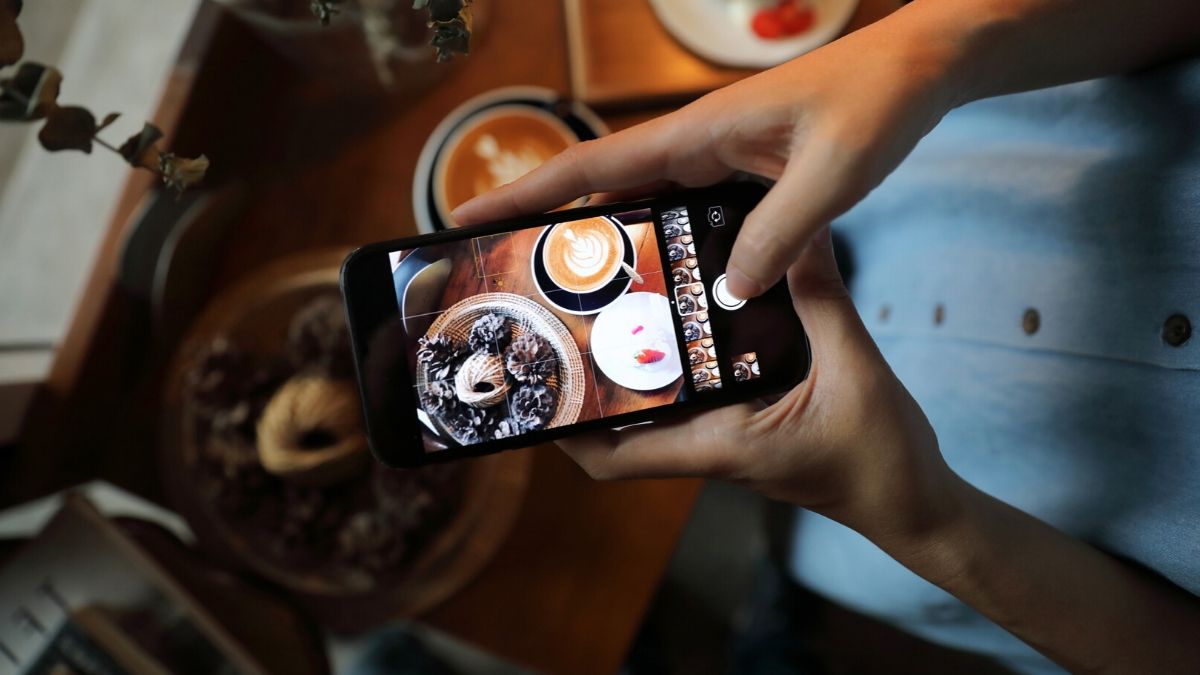
In the U.S. alone, 230 million people are active social media users. Think about all the posts, photos and videos shared every day.
If you didn’t hear, Adobe finally released a free Photoshop Camera app for both iOS and Android. It uses artificial intelligence to clean up your photos. Tap or click here for a quick video showing how the free Photoshop app works and the direct links to get it for your smartphone.
An awful new twist on sextortion scams - what you need to know

COVID-19 has led many Americans to adopt a solitary lifestyle they might not be totally used to. Social isolation and staying indoors will not only protect you from viral exposure but can also protect others if you happen to be positive.
Don't click on these dangerous new scams promising free money

At this point in time, a majority of Americans have already received their stimulus checks from the federal government. Despite some initial issues with the rollout, the checks eventually arrived in the form of direct bank deposits, paper checks, and debit cards to millions of people over the past several weeks.
Update now! Facebook Messenger flaw lets hackers into your PC
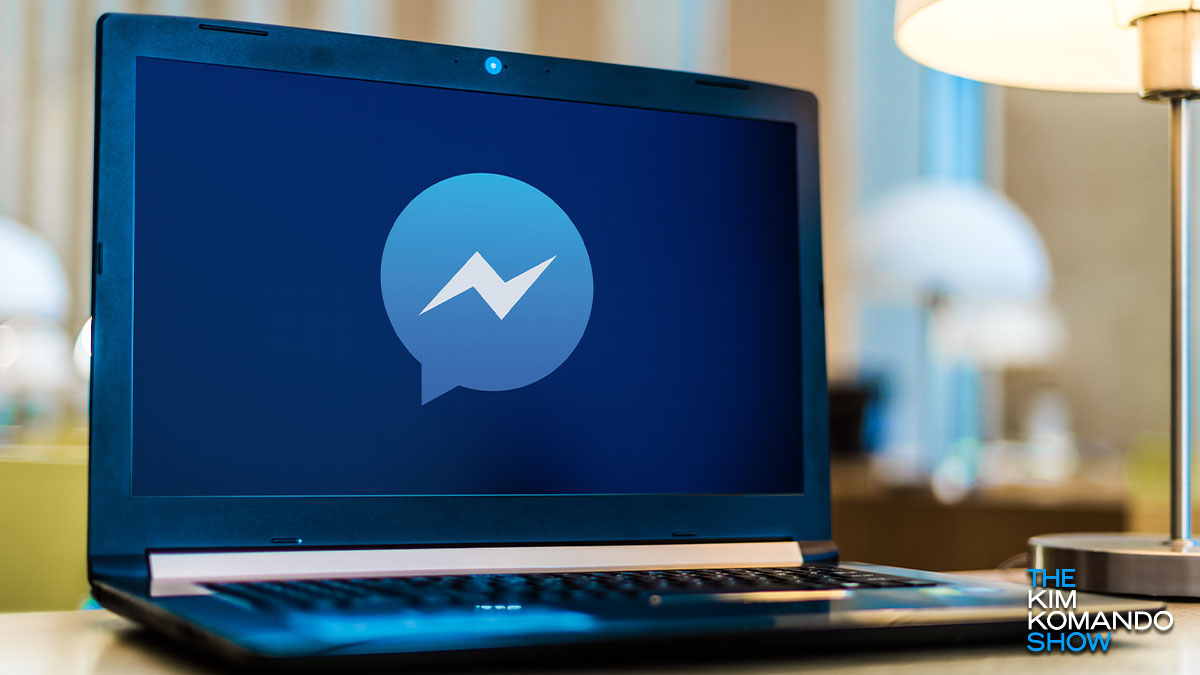
When it comes to malware, infection threats are everywhere. Malicious email links, attachments and downloads are still the most common vectors of attack, which means we all need to actively play a role in blocking security threats.
Beware of this convincing banking scam coming after your password

There’s no doubt in anybody’s mind that phishing scams are on the rise. But as more people become aware of the tactics these scammers are using, the scams themselves become more complicated and harder to detect.
For a perfect example, look no further than the sheer volume of COVID-19 and stimulus scams circulating the web right now. These topical subjects make great bait for victims, and unless you’re paying close attention, it’s easy to get tricked into signing away your personal data. Tap or click here to see how to avoid COVID-19 phishing scams.
3 ways to check out your neighbors

You can live next to people for years and never get to know them. Who are they? What are they doing, just beyond that picket fence? They may look normal enough, but are your children safe around them? Do they have a malevolent past?
This AI job interview shows you what the future of hiring looks like

With so many jobs lost in the fallout of the COVID-19 pandemic, people across the country are searching for new ways to earn an income. With policies like social distancing and touch-free transactions in place, former retail and service workers may find themselves in unfamiliar territory as they apply for new jobs that fit the economy.
One thing you must do before you go out to eat during the pandemic
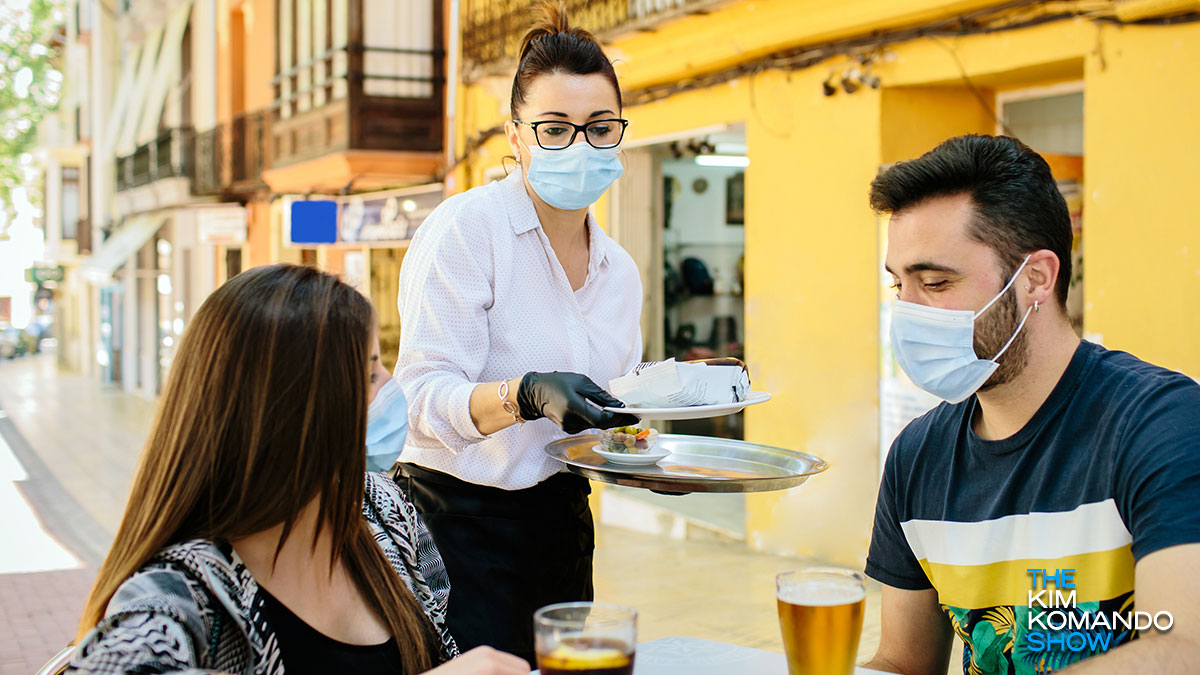
After a few long months of being stuck inside, it’s understandable that most of us are looking forward to getting back to at least a semblance of normalcy. Many states have started lifting restrictions over the past month, and businesses continue to reopen.
How to use TikTok: Beginner's guide to the popular video sharing app

When TikTok first emerged on the scene, many in the media overlooked it as yet another trend popular with the Millenial and Gen Z crowd. But fast forward a few years and 800 million active users later and you have a platform popular enough to rival the likes of Twitter and Snapchat.
Recall alert! Check your fridge for meat recalled due to E. coli concerns

Getting food has been hard enough during the past few months thanks to shortages and closures caused by the COVID-19 pandemic. But now, a familiar item on your local store’s shelf will be missing for another reason altogether: A Class 1 food recall for beef contaminated with E.coli.
Photoshop's free smartphone app is here. Is it worth downloading?

In this age of social media and photo sharing, stylistic individuality is a must. But even with amazing cameras built into most smartphones, pointing and snapping an image can only get you so far.
If done right, filters, effects, borders and stickers can transform an average photograph into a spectacular work of art. For beginners, a simple online photo editor like Pixlr might do the trick. Tap or click here for details about this free platform.
Billions of internet-connected devices are vulnerable to this scary new hack

Security vulnerabilities are no laughing matter, but usually, they’re relegated to specific operating systems or computers. If an entire category of devices were to suffer a security flaw, you’d have a recipe for disaster in the making.
These products claiming to kill COVID-19 are being pulled from Amazon and eBay

Over the course of the COVID-19 pandemic, Amazon and eBay have become digital hotspots for all things retail. With so many brick-and-mortar stores closed as states across the country shut down, these websites became a go-to resource for stocking up on supplies — including masks, medicine, disinfectants and other healthcare products.
Travel safer with new Google Maps pandemic alerts

It can be pretty difficult to figure out how to travel safely in the midst of a pandemic, which is precisely what we’re dealing with right now. Getting from one place to the next used to be a simple process, but thanks to the COVID-19 restrictions, it’s important to know things like how crowded a subway platform is or when public transportation is actually running since schedules have been limited.
More online banking scams coming, FBI says - protect yourself now

Since the start of the COVID-19 pandemic, scams targeting banks and financial institutions have been on the rise. Registered domains associated with phishing campaigns increased by 30% throughout April, and authorities are noticing new attack patterns are starting to get much more aggressive.
5 free Windows 10 downloads you'll love

You already know just how many third-party programs like photo editors, games and productivity tools are available for PCs. Many of these programs can enhance your computer and open up improved functionality.
What you might not know is many of the most useful programs out there don’t cost a cent to use or download. Tap or click here for a free registry cleaner.
4 best antimicrobial cases for your iPhone or Android
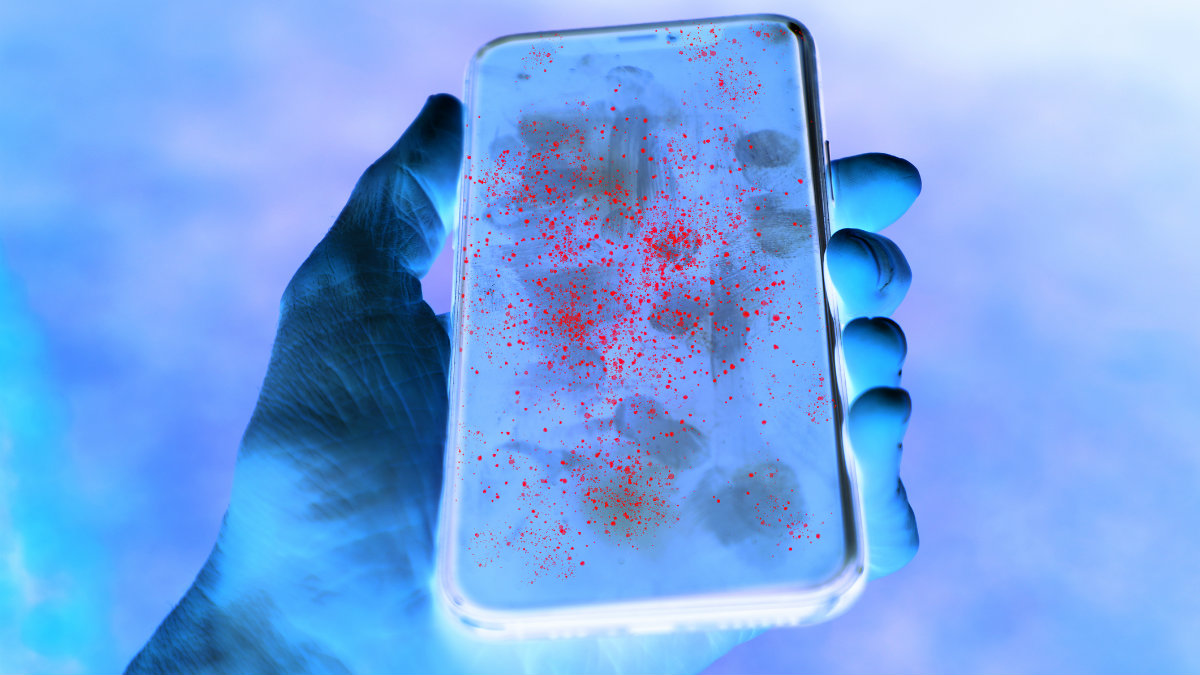
Since the coronavirus pandemic began, a newfound focus across the world has been placed on maintaining cleanliness and sanitary practices. Your phone goes with you everywhere, and thus can easily turn into a hotbed for microbes. Thankfully, antimicrobial phone cases can help keep your phone clean.
Email scam spreading now: Don't fall for this money-stealing trick

Have you gotten a weird email or phone call from the IRS asking for money or personal information? How about a text from the World Health Organization about COVID-19 testing in your area?
Despite how convincing these messages may appear, there’s a good chance they’re nothing more than scams looking to bilk you of money and data.
